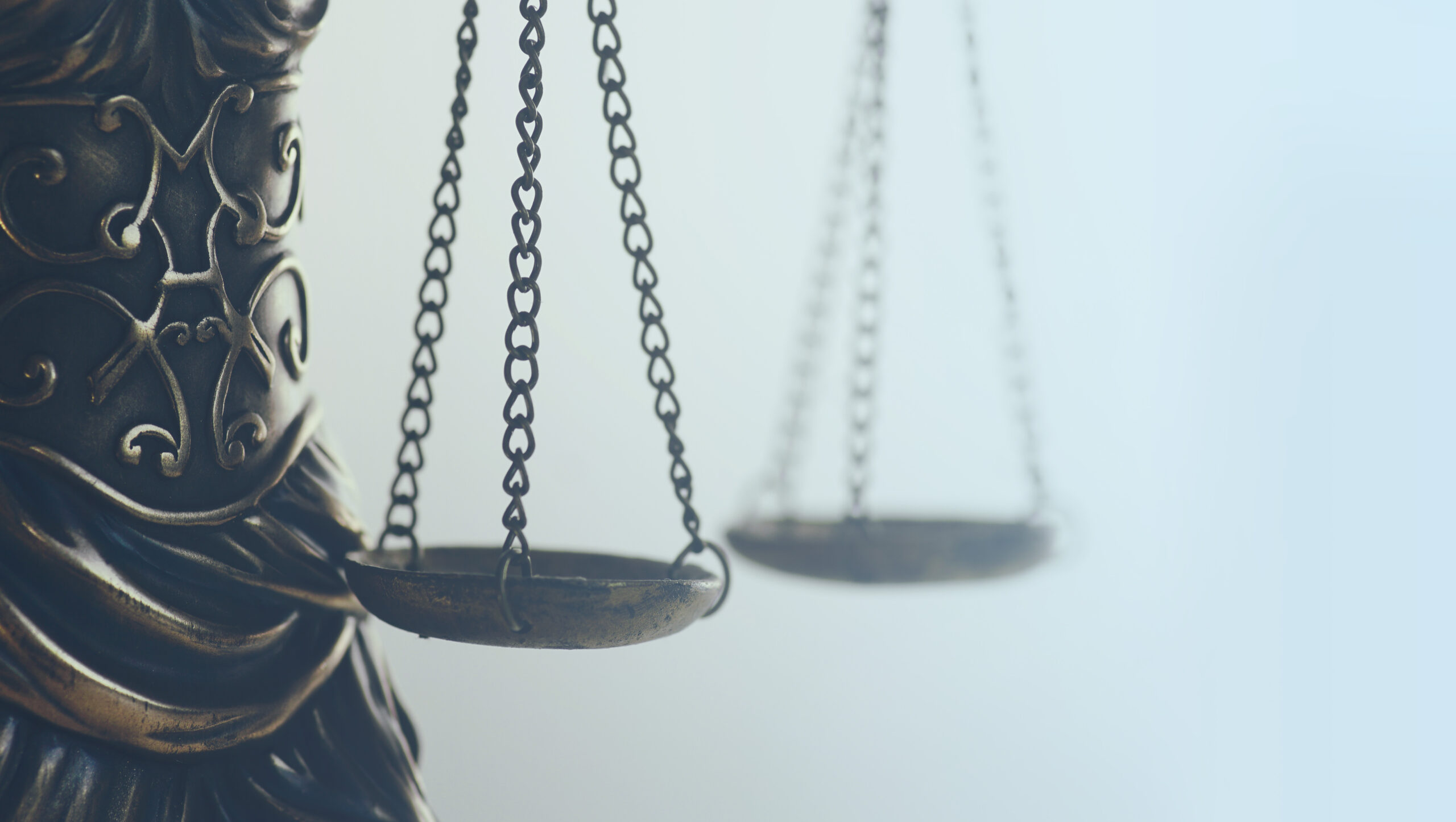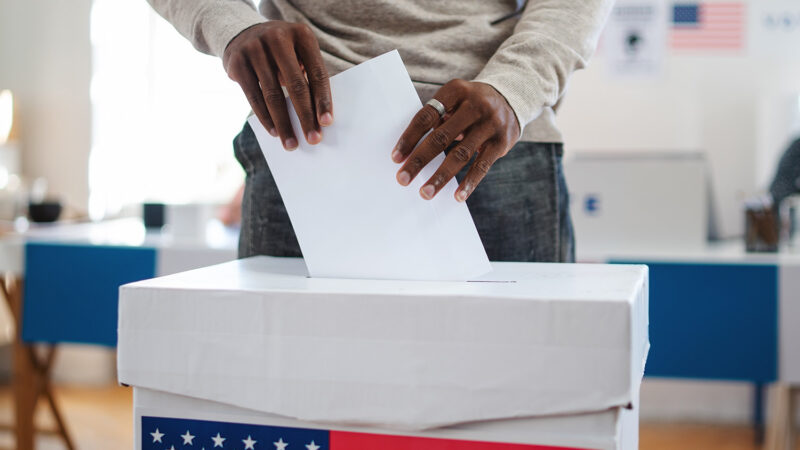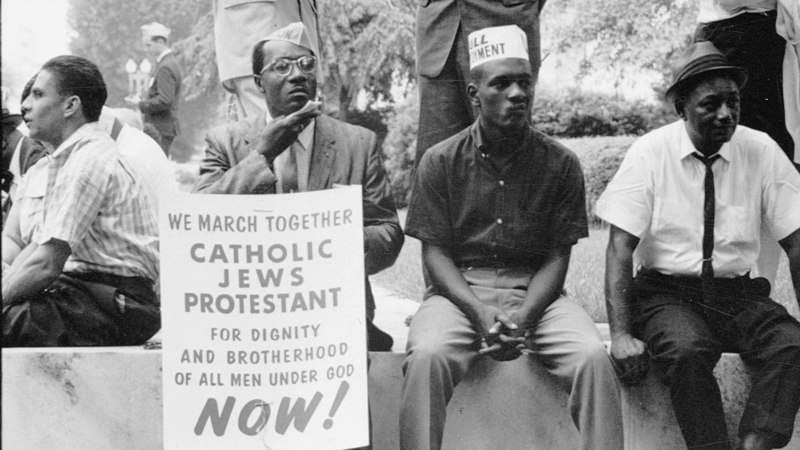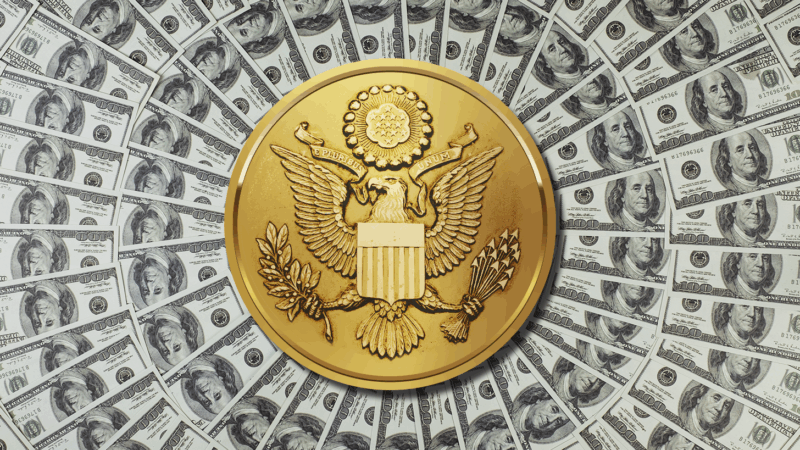Rachel Goodman co-leads Protect Democracy’s Free Expression and the Right to Dissent team, working to protect speech and press freedom through litigation and other forms of advocacy.
Litigating for truth: The power and limits of defamation law
- February 6, 2024

Traditionally, the tort of defamation has forced those who spread lies to internalize some of the costs of the injuries they cause, and thus to slow the spread of those lies. But tort law isn’t self-executing. For it to help curb abuses in our information environment, plaintiffs and lawyers must step forward to bring those cases. Until recently, even with injurious conspiracies spreading rampantly, too few had stepped up. So, starting in 2021, we launched Law for Truth, Protect Democracy’s effort to make sure that this longstanding aspect of our legal system — an accountability mechanism dating to early English common law — could play its proper role checking intentional or reckless lies in our current moment.
We’ve sued on behalf of election workers in Georgia, a postmaster who voted for Donald Trump in Pennsylvania, a voter who used a drop box to deposit his family members’ ballots, and a Republican election official in Arizona. These plaintiffs have diverse experiences and identities, but each of them has been deeply harmed by false statements of fact spread about them in order to sow doubt in the outcome of elections.
These cases have been successful in court because they are on extremely strong ground, legally and factually. We’ve prevailed on every single motion to dismiss or end the cases in all five of those we’ve filed. In the one that has reached trial, against Rudy Giuliani, we secured a $148 million jury verdict for our election worker clients; two others have been resolved in a manner acceptable to all parties. One America News ran segments correcting the record as to our clients, and Project Veritas and James O’Keefe also posted statements addressing their original assertions. In a separate but related litigation, Dominion Voting Systems secured a $787 million settlement against Fox News.
These outcomes prove the point that the law holds all speakers and publishers to the same standards. Election deniers have long acted like they’re operating in the Wild West, like centuries-old defamation law does not apply to them – but these lawsuits show just how costly ignoring those rules can be. And there are hints that this message has started to have a real deterrent effect on the spread of intentional and reckless lies. Consider that Fox News declined to promote Dinesh D’Souza’s 2000 Mules election conspiracy film in 2023, despite D’Souza’s loud complaints that Fox was just afraid of getting sued. And that Fox appears to have prevented Trump from repeating lies about Dominion by pre-recording some town halls with him. Those are clearly different decisions than Fox came to about similar material in 2020 and 2021. And consider that One America News removed our client’s image from its airing of 2000 Mules in response to a single demand letter. And that Trump tweeted about E. Jean Carroll 37 times the night before the jury in that trial reached its $83 million verdict but finally avoided defaming her in his statement afterwards and since.
Of course, defamation litigation is not a complete cure for what’s broken in our media ecosystem. It cannot, on its own, fix the information environment such that all voters consume — or desire to consume — largely truthful information and have the tools to distinguish reliable statements of fact from lies and political opinion. Nor, standing alone, can it change political incentives for those who intentionally spread those lies. Even a jury’s finding of falsity may not be strong enough to do that, as RonNell Anderson Jones pointed out recently in The New York Times. But the resolution of these cases nonetheless matters tremendously to the people and entities whose reputations have become grist for the mill. And there have doubtless been many moments, hidden from public view, in which an outlet has reflected on those jury verdicts and opted not to publish defamatory statements.
Just as vaccines alone, or ventilation alone, or masking alone, will not halt viral transmission, tort law cannot solve the problem on its own. Our solutions must be layered and iterative. Enforcing our free speech standards through litigation affects profit incentives and thus changes the behavior of many players in our information ecosystem. As one intervention aimed at scaling back incentives to lie, defamation litigation is proving to be an important tool for nudging our discourse back in the right direction. And, given the corrosive impact on our democracy of watching the powerful spread lie after lie with impunity, doing nothing is not a viable alternative.
Related Content
It can happen here.
We can stop it.
Defeating authoritarianism is going to take all of us. Everyone and every institution has a role to play. Together, we can protect democracy.
Donate
Sign Up for Updates Sign Up for Updates
Explore Careers Explore Careers
How to Protect Democracy How to Protect Democracy



